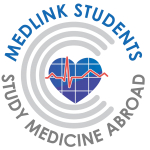
Located in: Serbia
















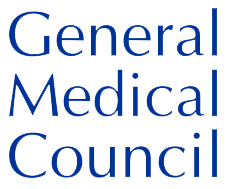





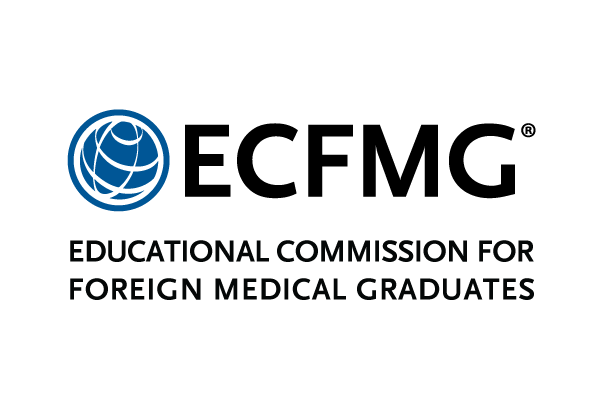



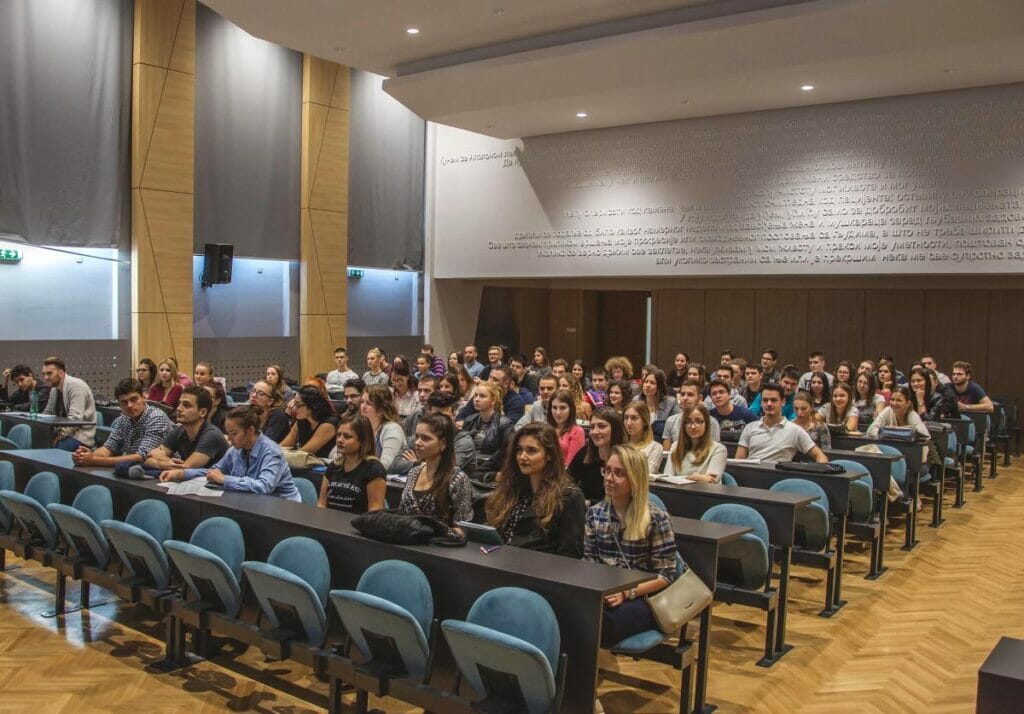

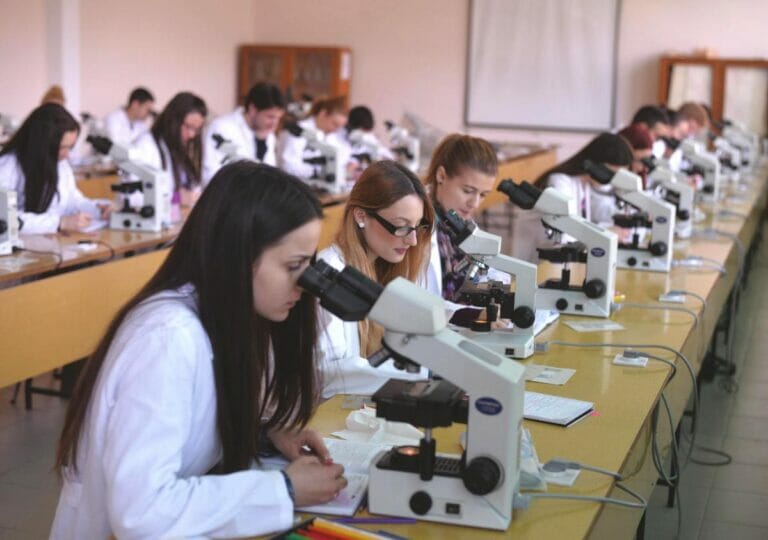

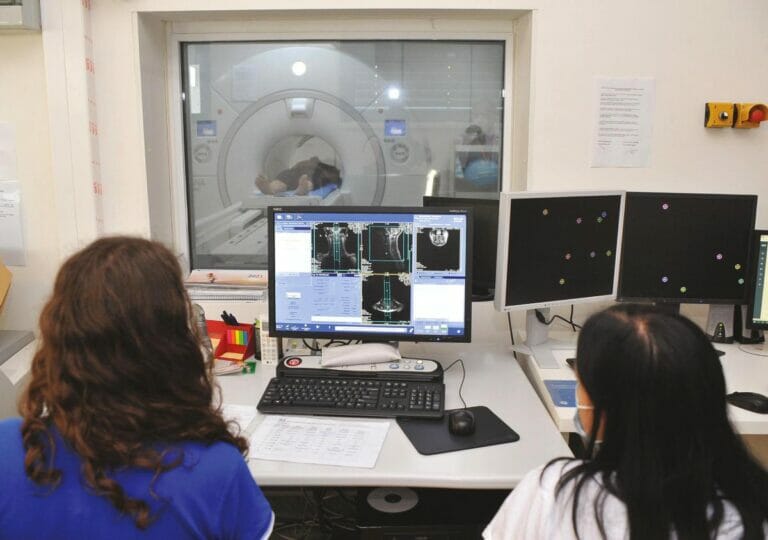

The University of Nis was established in 1965 as a public university in Serbia. It has 13 faculties and is home to over 20,000 national and international students. The university’s main building and the Faculty of Medicine are located in the Nishava River Valley, next to Suva Mountain.
Nis is the 3rd-largest city in Serbia, with over 260,000 inhabitants and a rich history dating back to the 3rd century BC. Students can explore the city's streets, enjoying both the remnants of the ancient world and the advantages that come with a modern infrastructure.
At the University of Nis’ Faculty of Medicine, you can enrol in a Medicine programme taught in English. The curriculum is well-balanced between theoretical lectures and practical training. Students acquire a deep knowledge of the human body while developing their practical skills through clinical rotations, summer clerkships, and internships. This holistic approach to medical education makes the University of Nis an excellent choice for studying medicine in Europe in English.
The university doesn’t offer a graduate entry route into Medicine, but University of Nis transfers are possible and accepted.
University of Nis in Serbia is located at Univerzitetski trg 2, Niš 18000, Serbia.
Contact us on WhatsApp for FREE advice about your options to study medicine in Serbia.
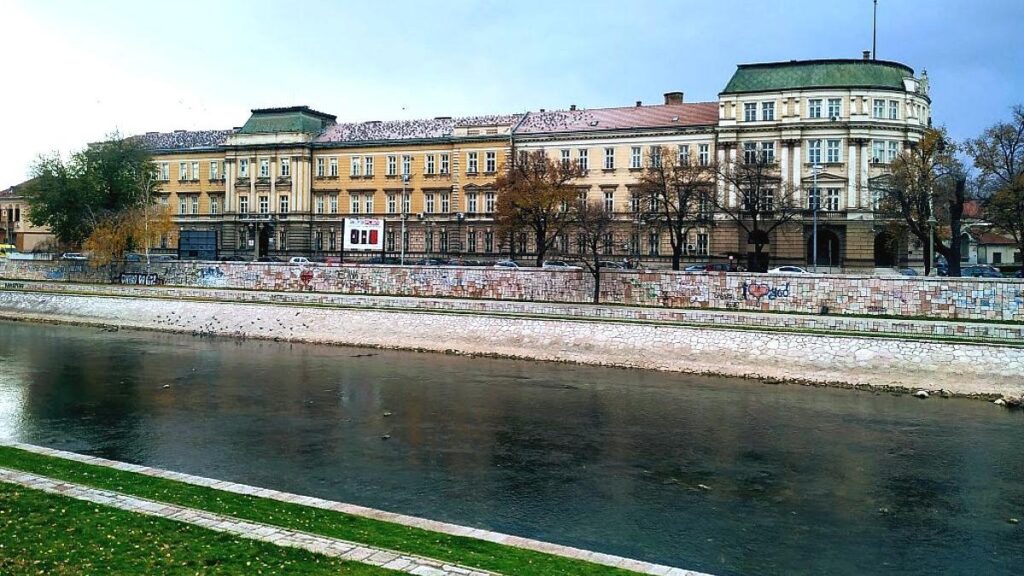

The University of Nis offers a variety of extracurricular activities, including:
Career fairs, seminars, conferences, and a variety of celebrations.
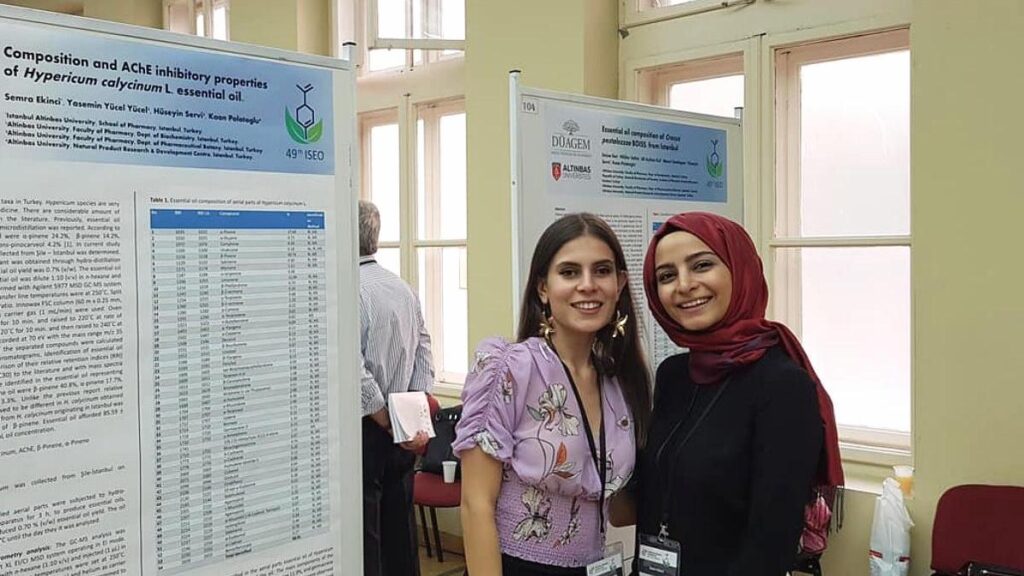

The tuition fees for the Medical Doctor degree are per year.
In addition, Serbian language courses cost another per semester. The A1 and A2 introductory levels last a semester each, and they consist of 15 classes per week (45 minutes per class). All subsequent proficiency levels are only 9 classes per week.
The admission requirements for the University of Nis are as follows:
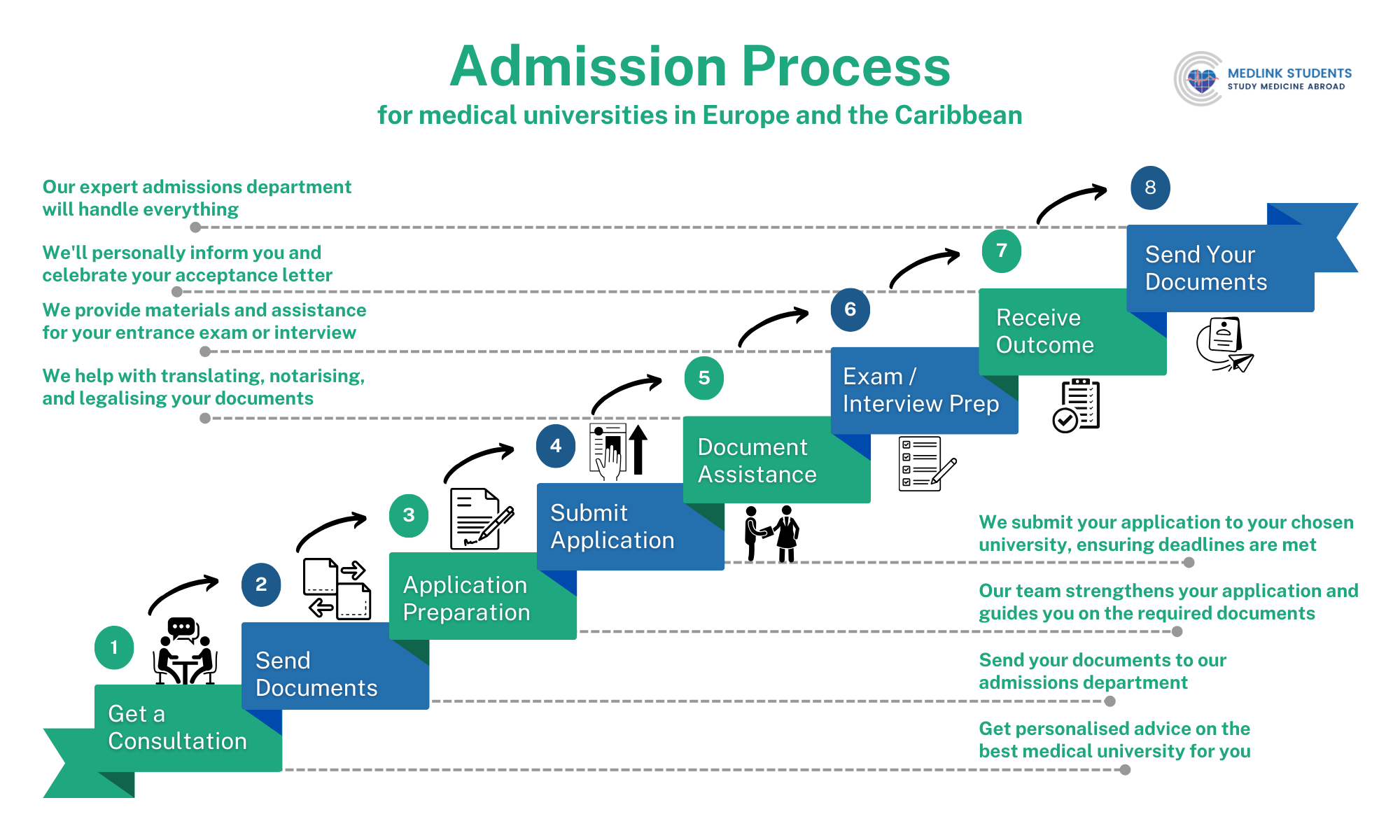

Getting accepted to The University of Nis is highly competitive. The application process is complex and demands strict adherence to specific prerequisites and legal formalities. These involve submitting specific documents that require translation, notarisation, and legalisation. Failing to meet these requirements can result in rejection. However, there’s no need to worry because our admissions experts can handle your entire application process. We have a deep understanding of the application system, the exam format, and all the necessary legalities to be accepted. Additionally, we will provide exceptional study materials that are specifically made for the entrance exam at the University of Nis. With our support, you can avoid the confusing aspects of applying to a medical school abroad and focus on what truly matters – preparing for the entrance exam and your future career in medicine.
The medicine programme at the University of Nis meets all the international, European, and GMC standards for medical education. Upon graduating from the medical faculty at the University of Nis, students earn an internationally recognised degree that is accepted in many countries across the world. The University has the highest recognition status of H+, which means that it is recognised in Germany.
Additionally, the university is listed in the World Directory of Medical Schools (WDOMS NIS), a list by the World Health Organisation that includes only accredited universities.
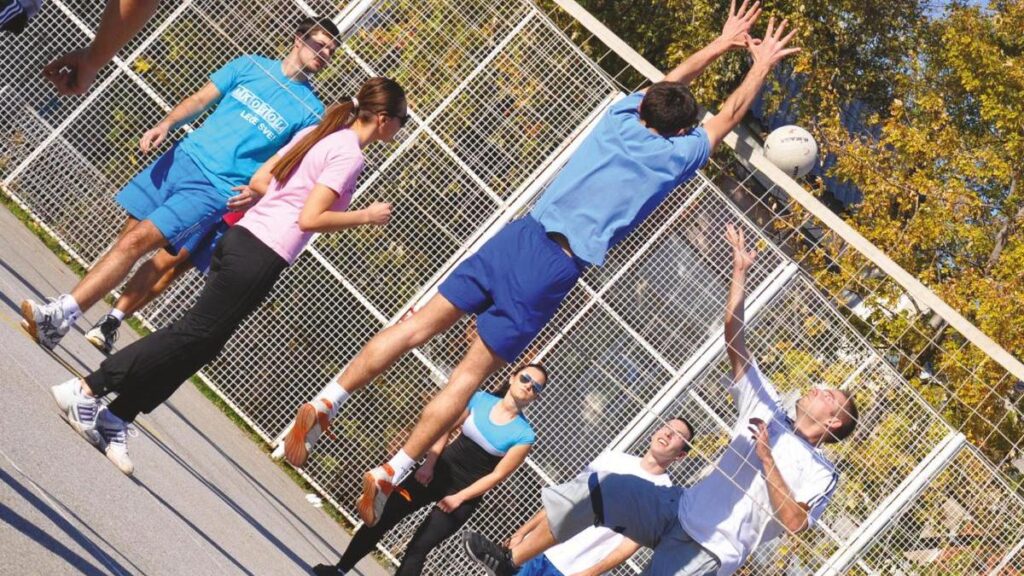

Although the University of Nis does not provide accommodation for international students, the city offers many affordable options. Medlink Students can help you find and rent the most suitable accommodation according to your standards and budget.
Depending on the location, a 1-bedroom apartment can be rented for to per month. Utilities can cost another to per month. Other expenses, such as food, transportation, and entertainment, can cost an average of .
Another option is living in a hostel. The price per day is around .
The University of Nis canteens offers students very affordable meal plans.
The local public transport network is accessible, has regular timetables, and is very affordable. Cabs are a good alternative if you are looking for a faster mode of transportation. Most rides cost no more than .
Last but not least, the city has excellent international accessibility. The local Nis Constantine Great Airport has direct flights to several European capitals, and most destinations are 1 connection away. The city is also well connected by an international railway and highway, so buses and trains are also a valid mode of transportation.
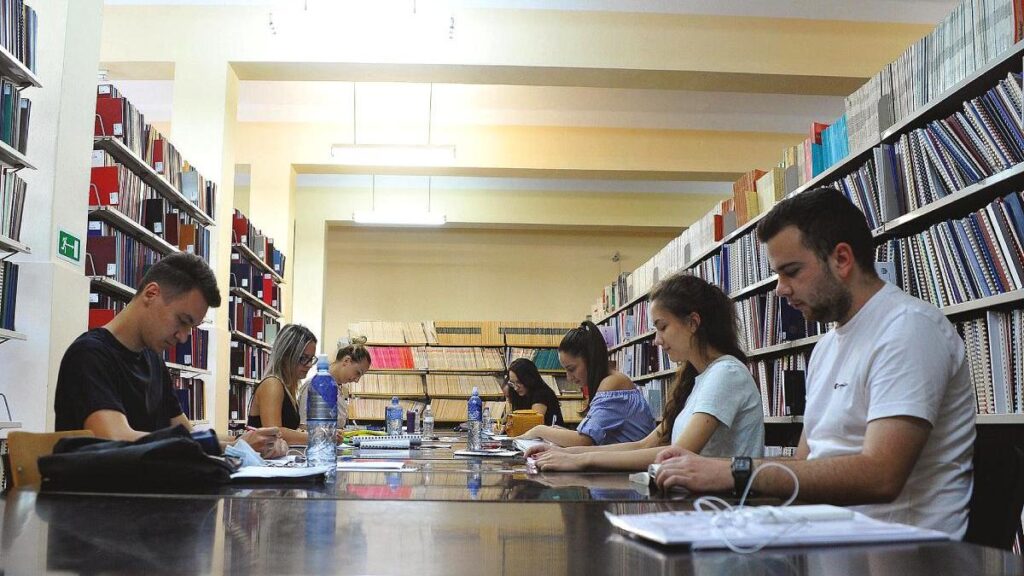

Nis has a unique atmosphere that combines historic architecture with modern amenities to accommodate a vibrant and exciting student life.
A key landmark is the Nis Fortress, which serves as a museum, cultural centre, and park. Its amphitheatre hosts various events, such as the Nis Film Festival. The fortress's Roman ruins, now repurposed as a social hub, are particularly popular among students. The fortress's proximity to the University of Nis main campus adds to its significance, and the campus itself is a notable architectural landmark.
Nis is also renowned for its cultural scene. The city’s musical heritage includes bands of local and international acclaim and the renowned Nišville International Jazz Festival. For dining and socialising, Tinkers’ Alley, the local artisan district, offers a range of cafes and restaurants where visitors can enjoy Serbian cuisine, known for its Mediterranean, Oriental, and Hungarian influences.
Another great perk is that Nis has a wide variety of green spaces throughout the city. The university hospital is the largest green area and is central to medical students’ clinical training. Cair Park, located near the Faculty of Medicine, provides a calmer environment, perfect for strolling and relaxing with friends.
Nis is consistently ranked among Europe’s safest cities (on par with Copenhagen, Denmark), creating a secure and welcoming environment for students. Want to learn more about living in Nis as a medical student? Hear about it directly from students in this Q&A session from the Becoming Doctors Abroad podcast.
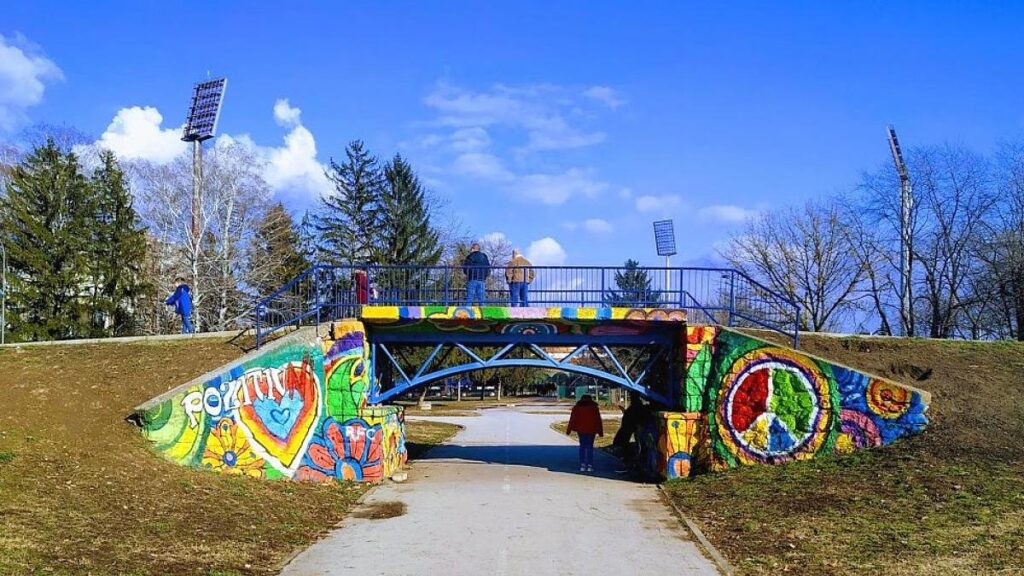

The city of Nis celebrates diversity and inclusion, welcoming students from around the globe. The university prioritises the unique needs of its diverse community, including the accommodations required by students from various ethnicities, religions and cultures.
The city hosts mosques, churches and synagogues nearby. Students can experience a multicultural environment that fosters understanding, inclusion and diversity.
Various cuisines and food options are available in and around the city of Nis, including Halal, Kosher and Vegetarian restaurants. Serbian culture promotes a safe and respectful environment, ensuring the well-being of all students from various backgrounds and ethnicities, including hijabi women. On campus and throughout the city, the faculty of medicine actively promotes an inclusive and welcoming atmosphere, celebrating diversity and embracing all cultural backgrounds.
The academic year at the University of Nis’ medical school starts on October 1st* for 1st-year students, while transfer students start around the middle of the month. The year is divided into 2 terms.
*Please note that term dates are subject to change. For the latest information, contact your Medlink Students academic advisor.










The university is located in Serbia. The city of Nis is situated in the southeastern part of the country, and it straddles the Nishava river. The university’s main campus building is located on the northern bank of the river, right next to the Nis Fortress landmark.
Yes. The university is very flexible in terms of transferring students. It accepts transfers even for the 4th and 5th years.
No. The university does not offer such an option yet.
The University of Nis has worldwide recognition from the World Health Organisation through the World Directory of Medical Schools. In addition, the school has existed for more than 50 years, and it is licensed by the Commission for Accreditation and Quality Assurance of the Republic of Serbia.
Yes. The English-taught medical programme has worldwide recognition, and the curriculum covers the international standards for medical education.
Yes. International graduates from the University of Nis have successfully registered with the United Kingdom’s General Medical Council.
Yes. There are exams in Biology and Chemistry.
The exams in Biology and Chemistry have the greatest weight in deciding admission. In addition, students must have good grades in these subjects from their secondary school. Last but not least, there is an interview to determine whether the student’s command of English is satisfactory.
The semester starts on the 1st of October.